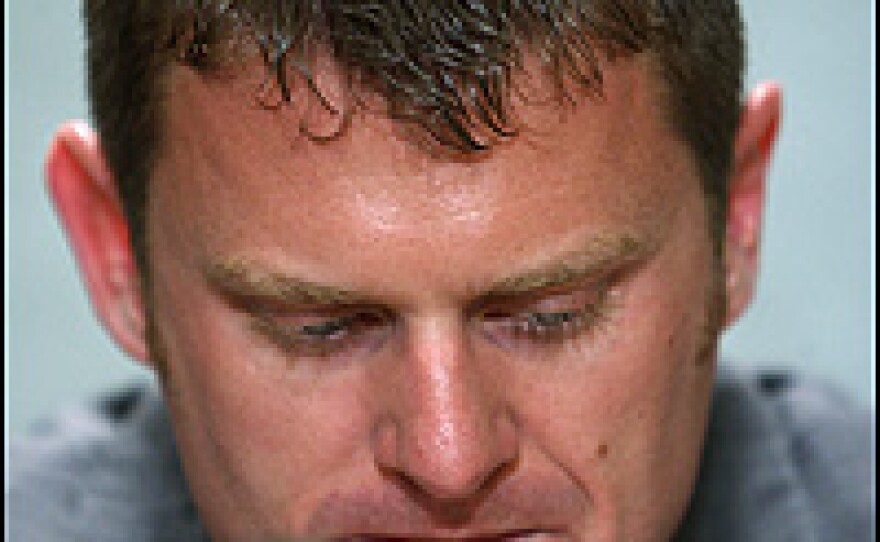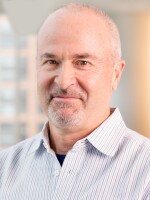
Monday in Southern California, a hearing gets under way in the doping case of Tour de France champion Floyd Landis.
Three arbitrators will preside over what is expected to be 10 days of testimony and evidence at Pepperdine University in Malibu.
The panel will decide whether Landis took banned performance-enhancing drugs during his victory in last year's race. If he's found guilty, Landis could be the first winner in the tour's 104-year history to be stripped of his title because of drugs.
The hearing is Landis' day in court. But for the past 10 months, he has been testifying to everyone and anyone who will listen.
His proclamations of innocence began last summer, right after it was revealed that Landis had an abnormal drug-test result after a spectacular day of racing at the Tour de France.
Grasping for explanations, Landis famously said the test result could have been caused by the whiskey he drank after a bad performance the day before.
Landis later would blame the whiskey explanation on the fact that the test result was prematurely leaked to the media, forcing him to deal with the unfolding situation in real time.
But as the months went by, Landis became the Landis team — savvy lawayers, an articulate spokesman and scientist supporters. They turned his defense into an offensive campaign.
They posted 370 pages of documents related to Landis' drug test online, to encourage experts to write in with their theories about why Landis tested positive for banned synthetic testosterone.
By the time the team had a pre-hearing teleconference late last week, the message was polished and angry.
Michael Henson, head of the Floyd Fairness Fund, took part.
"The mishandling of Floyd's case threatens not only the integrity of this individual proceeding, but will reflect the lack of integrity of the entire anti-doping system," he said.
The Landis defense has evolved into a Landis attack on two main entities — the French lab that did the testing and the U.S. anti-doping agency, which is prosecuting the case.
The lab procedures were full of mistakes, Landis' people say. They also assert that the agency, known as USADA, has been guilty of everything from destroying evidence to denying Landis his due-process rights.
The USADA has said nothing. The agency has steadfastly adhered to a rule prohibiting comment on individual athletes' cases. It has been pummeled as a result.
Former Olympian Frank Shorter was the first chairman of USADA, and he's seen similar attacks on the agency before. Often, he says, they are public-relations campaigns that don't amount to much when doping cases go to trial.
"I'm gonna make a checklist of all those accusations, and then on Monday I'm going to see just what emerges in the opening statements of the hearing," Shorter said. "And then when the hearing's over, I'm gonna go through that checklist again."
Shorter says that if the past is any guide, the accusations will be replaced by serious talk about science and fact and proof.
Recently, it was revealed that other tests from Landis during last year's Tour — not just that first test — also showed evidence of banned testosterone.
Was the testing accurate? If so, does it mean Landis doped?
Those are the simple yet critical questions before the arbitrators. It will take 10 days of slogging through some pretty complex science to get the answers.
Copyright 2022 NPR. To see more, visit https://www.npr.org. 9(MDAzMjM2NDYzMDEyMzc1Njk5NjAxNzY3OQ001))






